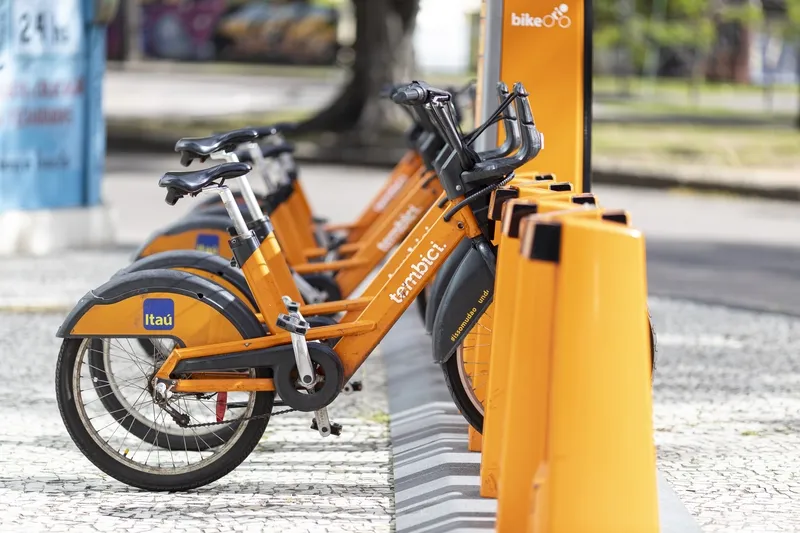US-headquartered traffic information and driver services provider Inrix is to partner with China’s traffic information services provider CenNavi to deliver premium real-time, predictive and historical traffic services across China. The companies say the collaboration leverages Inrix’s sophisticated traffic intelligence platform, vertical market expertise and connected services technologies with CenNavi’s real-time traffic information and advanced technologies, domestic experience and automotive relationship
January 8, 2013
Read time: 2 mins
US-headquartered traffic information and driver services provider 163 Inrix is to partner with China’s traffic information services provider CenNavi to deliver premium real-time, predictive and historical traffic services across China.
The companies say the collaboration leverages Inrix’s sophisticated traffic intelligence platform, vertical market expertise and connected services technologies with CenNavi’s real-time traffic information and advanced technologies, domestic experience and automotive relationships. The partnership furthers both companies’ efforts to deliver premium traffic information, traffic-powered applications and analytics to help automakers, government agencies, mobile app providers, wireless carriers, and media companies improve mobility for travellers in one of the fastest growing and most traffic-choked automotive markets in the world.
"Our partnership with CenNavi advances our global automotive customers’ efforts to deliver premium, traffic information and drivers services vital to their continued growth and success in the world’s largest automotive market,” said Bryan Mistele, president and CEO of Inrix. “By providing a singular global data format and technical interface, we’re simplifying auto manufacturers’ efforts to provide drivers with high quality traffic information services worldwide.”
Traffic congestion across China’s major cities is among the worst in the world and the unrivaled rapid pace of car sales is creating severe gridlock and pollution. The Beijing856 Transportation Research Board recently estimated registered vehicles in Beijing will grow to over seven million in 2015, straining the current road network’s capability. Inrix’s advanced technologies and traffic information in the car, on smartphones, on broadcast news reports and in intelligent transportation systems helps drivers not only avoid costly delays but supports municipalities’ efforts to better manage traffic congestion across their road networks.
“We look forward to working with Inrix, applying our combined expertise to solve one of China’s biggest problems,” said Haijun Tao, president of CenNavi. “This problem presents us with a significant market opportunity to deliver to automakers, mobile app providers and municipalities high quality traffic information and applications that improve urban mobility for everyone in China.”
The companies say the collaboration leverages Inrix’s sophisticated traffic intelligence platform, vertical market expertise and connected services technologies with CenNavi’s real-time traffic information and advanced technologies, domestic experience and automotive relationships. The partnership furthers both companies’ efforts to deliver premium traffic information, traffic-powered applications and analytics to help automakers, government agencies, mobile app providers, wireless carriers, and media companies improve mobility for travellers in one of the fastest growing and most traffic-choked automotive markets in the world.
"Our partnership with CenNavi advances our global automotive customers’ efforts to deliver premium, traffic information and drivers services vital to their continued growth and success in the world’s largest automotive market,” said Bryan Mistele, president and CEO of Inrix. “By providing a singular global data format and technical interface, we’re simplifying auto manufacturers’ efforts to provide drivers with high quality traffic information services worldwide.”
Traffic congestion across China’s major cities is among the worst in the world and the unrivaled rapid pace of car sales is creating severe gridlock and pollution. The Beijing
“We look forward to working with Inrix, applying our combined expertise to solve one of China’s biggest problems,” said Haijun Tao, president of CenNavi. “This problem presents us with a significant market opportunity to deliver to automakers, mobile app providers and municipalities high quality traffic information and applications that improve urban mobility for everyone in China.”









